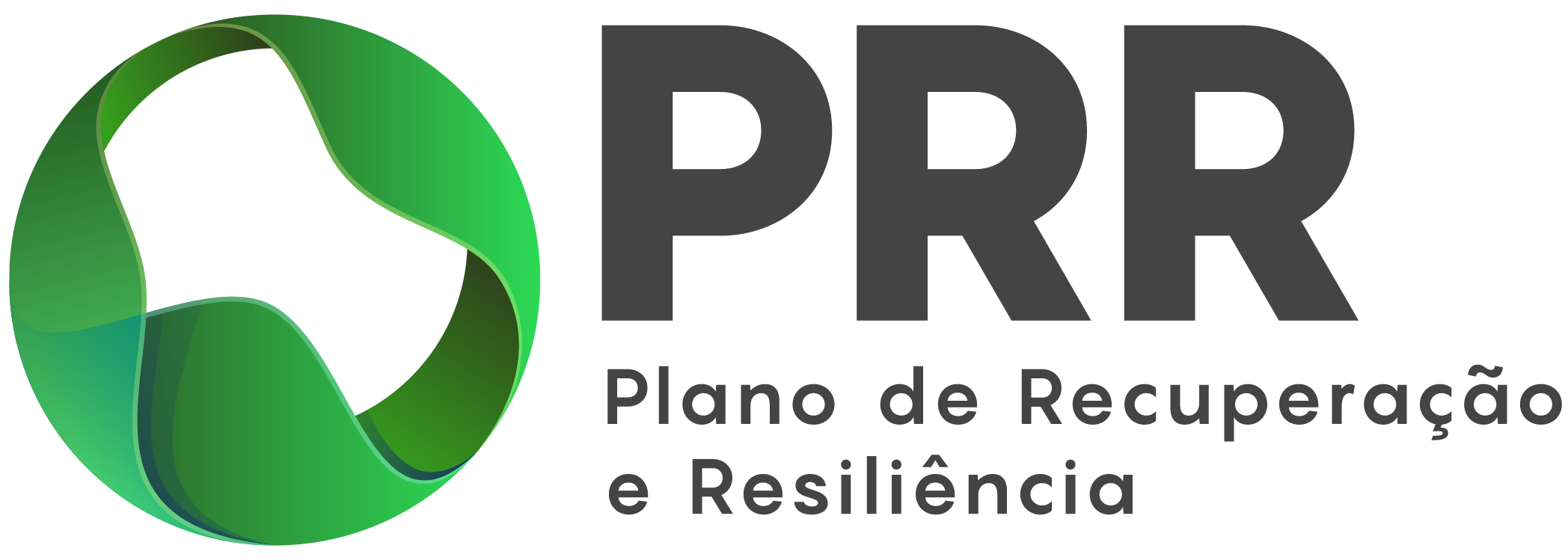Over several decades, Portugal has demonstrated a continuous commitment to innovation and sustainability in the forestry sector, particularly in the paper and board industry, with innovative collaborations and projects.
In 2008, Portugal was already a pioneer in innovation with the creation of Paper-e by the Faculty of Science and Technology of the New University of Lisbon. This concept transformed paper into a functional material capable of transmitting and processing information. This innovation brought applications such as electronic labels, medical devices and paper batteries, combining lightness, sustainability and accessibility. Paper-e laid the foundations for new technological possibilities, putting Portugal at the forefront of the reinvention of paper. Shortly afterwards, the capabilities of functional paper for practical applications were explored. Amoos Aquactive, for example, integrated soap into the paper fibres, activated in contact with water, simplifying cleaning and reducing plastic packaging waste.
In 2015, the University of Aveiro further expanded the importance of paper on the technological scene. Hugo Miranda developed conductive inks based on nanoparticles that made it possible to print electronic circuits on ordinary paper using conventional printers. This breakthrough has democratised access to lightweight, mouldable electronics, with applications ranging from drones to sensors and smart labels.




